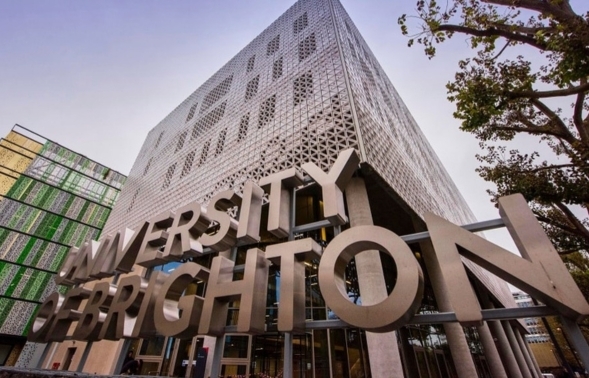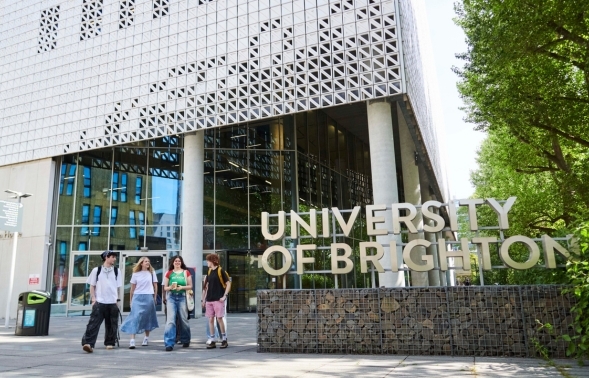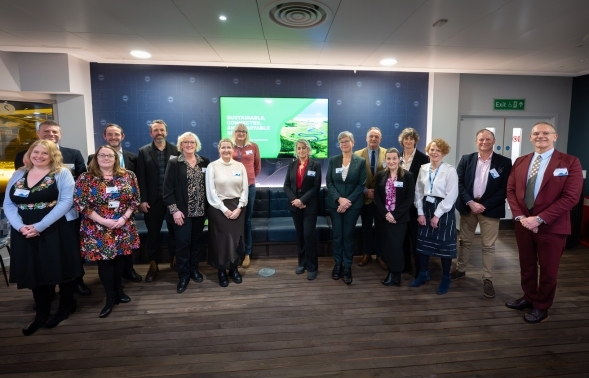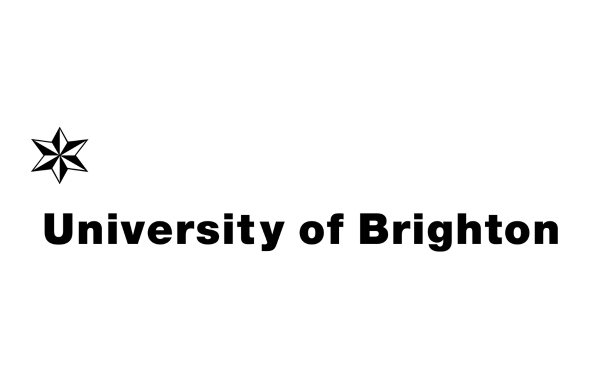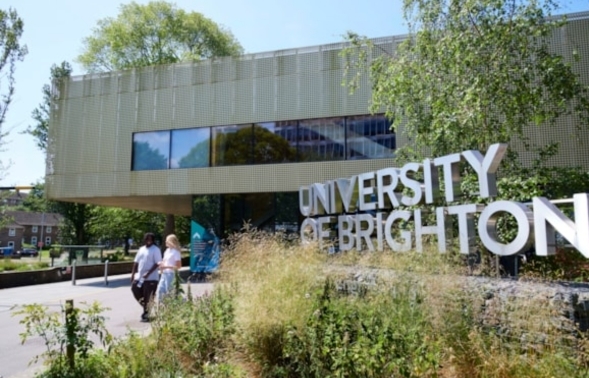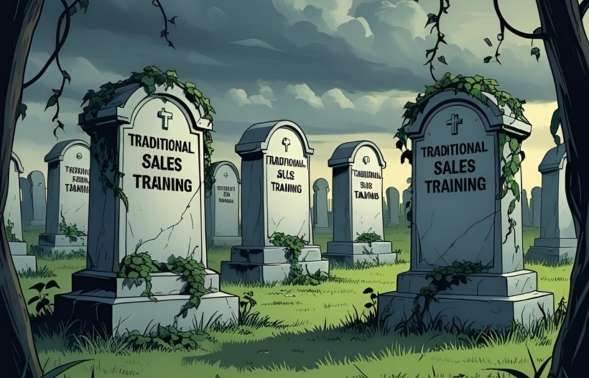New research from the University of Brighton has revealed how ‘Champing’ – the unique experience of sleeping in centuries-old churches – is driving a new model of sustainable, heritage-led tourism.
The study from researchers at the University of Brighton’s School of Business & Law is examining what draws visitors to swap pillows for pews. Analysing 142 guest experiences, the research highlights how Champing combines sustainability, heritage immersion, and slow travel – providing real-world benefits for individuals, communities, and the environment.
The research identified two key themes driving the rise of Champing: the desire to support historic sites; and people wanting to experience the wellbeing benefits of connecting with nature.
By making use of ancient heritage spaces instead of new developments, Champing provides a low-impact alternative to mass tourism, dispersing visitors to quieter rural areas and easing pressure on crowded destinations, while also supporting local businesses and communities.
Revenues from overnight stays are reinvested directly into maintaining churches, supporting the conservation of British cultural heritage and the vitality of local rural communities. Early pilots raised around £15,000 in a single season for conservation, proving that a night’s stay can make a real difference to heritage protection.
In a world where international flights contribute enormous carbon emissions – UK flights released 13.3 million tonnes of CO₂ in 2021, roughly the equivalent of six million cars in a year – Champing offers a gentle, low-carbon way to travel while enjoying historic surroundings.
Those taking part described it as a calming, grounding experience, offering novelty close to home. Words like “sanctuary,” “tranquil,” and “magical” appeared repeatedly as visitors enjoyed evenings by candlelight and mornings exploring nearby villages, pubs, and countryside trails.
Minimalist amenities – often compost toilets and BYO bedding – encourage simplicity and mindfulness, echoing traditional camping while reinforcing Champing’s focus on experience over luxury.
Dr Adam Jones, Principal Lecturer at the University of Brighton and Programme Director of the Help to Grow Management Programme, said: “Champing beautifully illustrates how niche forms of travel can deliver real social and environmental value. It gives people a chance to reconnect with history and place in a way that’s sustainable, authentic and beneficial to the communities who maintain these heritage assets.”
Dr Francisca Farache, Principal Lecturer and Marketing, Events and Tourism Subject Group Lead added:
“As someone from Brazil, I found this research really interesting. The idea of camping in churches is unusual, and it shows how we can experience cultural heritage in new ways while supporting local businesses and minimising environmental impact.”
First launched by the Churches Conservation Trust (CCT) in 2015, Champing has grown rapidly, with more than 10,000 guests staying in 29 historic churches across England and Wales. In 2024 alone, 1,633 guests stayed in 26 churches.
Matthew Storey, Head of Initiatives and Partnerships at the Churches Conservation Trust said: Champing is a unique way to enjoy their beauty and tranquillity of English Parish Churches. We want to increase the appeal of these public spaces for everyone, and Champing allows us to attract and engage new audiences to discover and love these churches.
“Vitally, it helps care for and create long-term sustainable uses for these beautiful buildings. Within the Churches Conservation Trust, the revenue raised from Champing is used for repair and investment across the entire CCT estate. This also includes the church buildings in more remote locations; where visitor numbers may be low and the support infrastructure within the local community is not fully established. For our partner churches, Champing provides vital income for their operation, maintenance, and conservation.”
Sussex offers its own Champing experience at Tom Paine’s Chapel in Lewes, where visitors can sleep beneath the rafters of a building once home to radical debate and dissent.
A local guest Michelle said:
“It was magical – peaceful, reflective and so different from any hotel. You wake up to morning light through the stained glass. It has such a feel of being part of history and it's great knowing that your stay helps preserve the place makes it even more special.”
Tom Paine’s Chapel in Lewes is just one example of this growing trend across the South East. Other historic churches offering Champing experiences include:
- St James’ Church, Cooling (Kent)
- St Nicholas’ Church, Berden (Essex)
- St Mary’s Church, Edlesborough (Buckinghamshire)
- St Mary the Virgin, Stansted Mountfitchet (Essex)
- St Leonard’s Church, Watlington (Oxfordshire)
Building on Dr Jones’ research and professional experience in sustainable tourism and environmentally conscious travel, this study highlights how heritage-led, low-impact tourism can deliver cultural, social, and environmental benefits.
This research reflects the University of Brighton’s commitment to sustainability and supporting local communities, while exploring innovative ways for people to engage with local places and cultures.
Contact Information
Kate MillerMedia Relations Manager
University of Brighton
k.miller2@brighton.ac.uk

